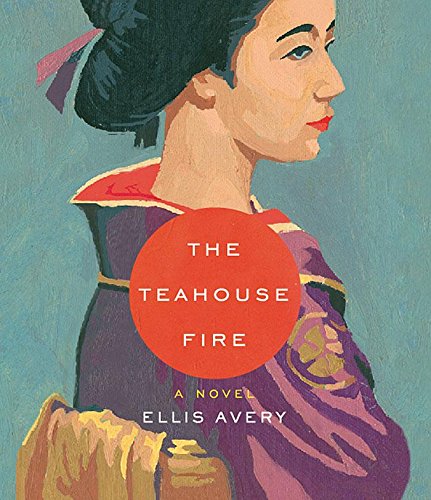
It was a period when wearing a different color kimono could make a political statement, when women stopped blackening their teeth to profess an allegiance to Western ideas, and when Japan’s most mysterious rite-the tea ceremony-became not just a sacramental meal, but a ritual battlefield. The story of two women whose lives intersect in late-nineteenth-century Japan, The Teahouse Fire is also a portrait of one of the most fascinating places and times in all of history-Japan as it opens its doors to the West.

“Like attending seasons of elegant tea parties-each one resplendent with character and drama. Science Fiction & Fantasy - Available Now.Armchair Explorers for Children and Teens."About this title" may belong to another edition of this title. Listeners fascinated by Japanese history will be rewarded by a compelling look at an elegant tradition that is sadly too slow and ritualized for Americans who measure life in nanoseconds.Ĭopyright © Reed Business Information, a division of Reed Elsevier Inc.

Yukako and other women are nicely individualized, but men tend to grunt out their words.

Caruso gives Aurelia's voice all the wide-eyed wonder of Gulliver among the Lilliputians, but since Aurelia recounts her life in her old age, this tone is a bit forced. Unfortunately, Aurelia's obsession with Yukako, who saved her from the sad fate of European orphans in a strange land, is the subplot of Yukako's drive to save the tea ceremony from obscurity. The minute details of the tea ceremony as it was transformed by historical events are not interspersed with enough plot for Caruso to keep the story moving.

Those expecting another great audio, like Elaine Erika Davis's rendition of Memoirs of a Geisha, are sure to be disappointed, but the plodding pace of this new work of history cloaked under a fictional kimono is not the fault of Barbara Caruso but of its author.


 0 kommentar(er)
0 kommentar(er)
